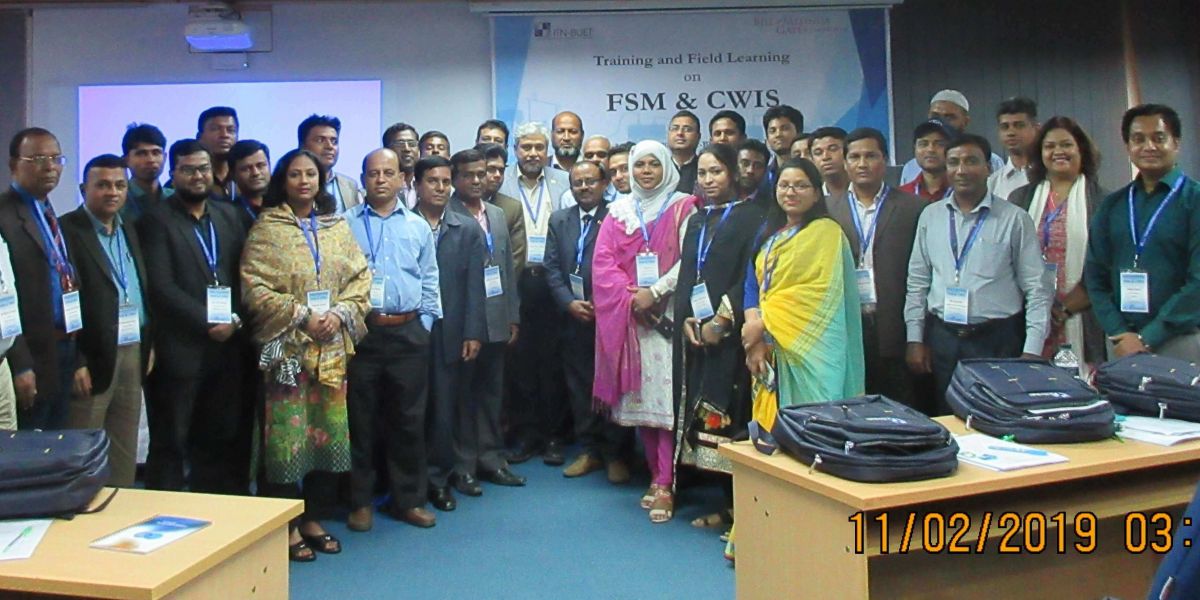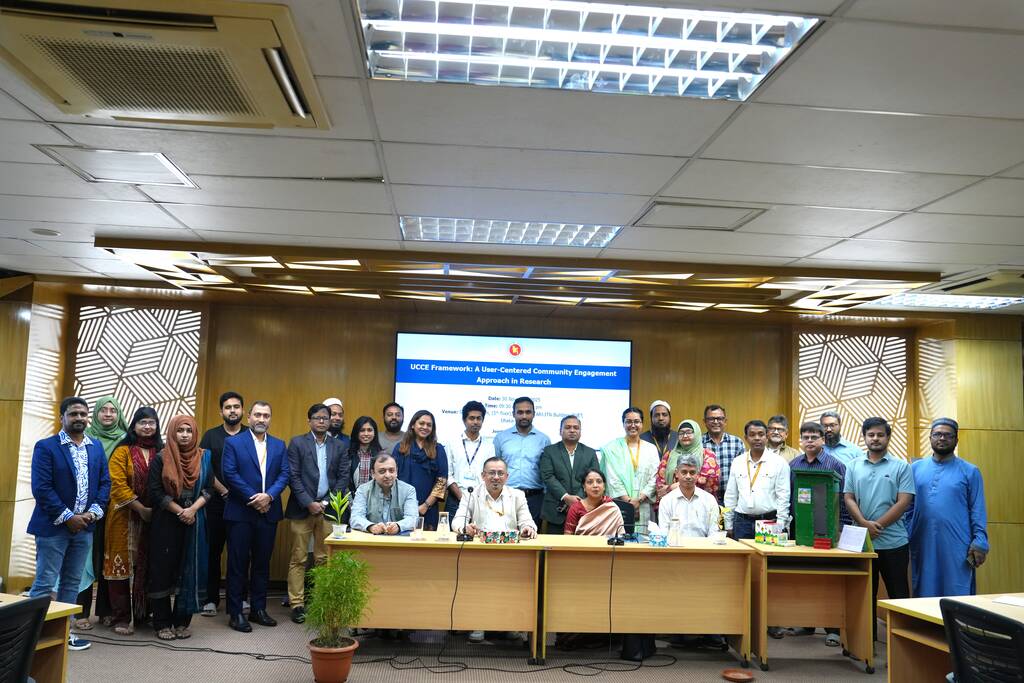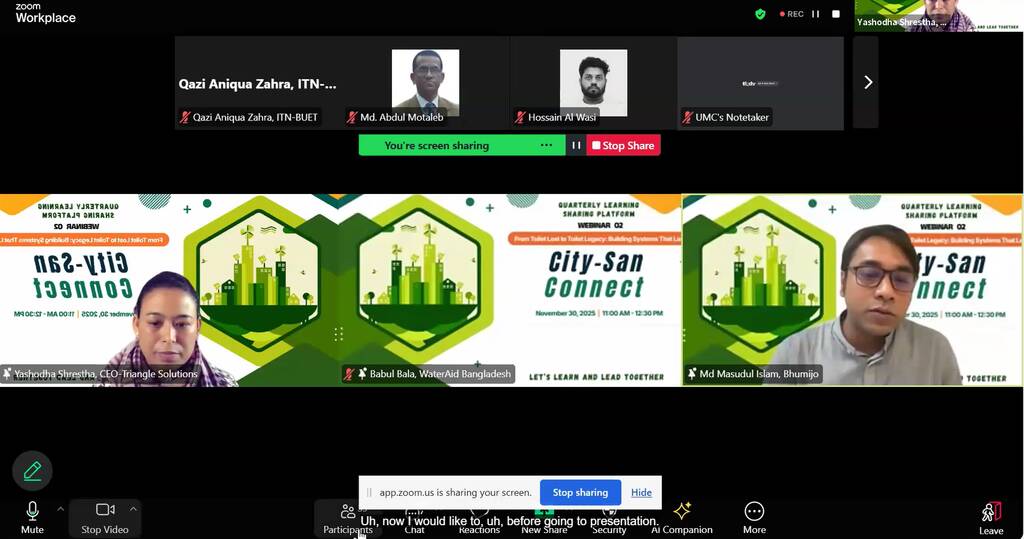To ensure access to adequate and affordable sanitation services through appropriate systems, City Wide Inclusive Sanitation (CWIS) has evolved as a new agenda for achieving SDG Target 6.2. Considering the need of CWIS & FSM, International Training Network (ITN), a Centre of BUET organized a three-days Training and Field Level Learning on FSM & CWIS. The 31 participants were selected from the municipalities of 23-Towns Project and 32-Towns Project under the Department of Public Health Engineering (DPHE) and towns under Municipal Association of Bangladesh (MAB). The participants consisted management and administrative officials, engineers and health, family planning and conservancy division and project engineers from DPHE. The workshop was funded by the Bill & Melinda Gates Foundation (BMGF) under the national capacity building project.

The approach of CWIS looks into sanitation management as a whole where everybody benefits from adequate sanitation service delivery outcomes. Under this approach, effective resource recovery and re-use are considered where diversified technical solutions are embraced for adaptive, mixed and incremental approaches. CWIS has four interlocking principles: prioritize the human rights of all to sanitation, recognize that sanitation contributes to a thriving urban economy, deliver sage management along the whole sanitation service chain and commit to working in partnership to deliver citywide inclusive sanitation.
The participants learned about their specific roles, technological options, necessary financial, hardware and software support from government and development partners, gender and social inclusion in sanitation, social awareness and challenges for implementing FSM in their respective towns. CWIS approach and the entire value chain of FSM was explained to the participants through various interactive sessions and real-life examples. The training included a field visit at Sakhipur, Tangail where the treatment mechanisms used for the treatment of sludge and remaining wastewater and co-composting activity at the plant were demonstrated. The training ended with the commitments of the participants to apply their knowledge in practical fields. The sessions were facilitated by Dr. Mujibur Rahman, Professor, UAP (former Professor, BUET), Dr. Ashraf Ali and Dr. Rowshan Mumtaz, Professors of BUET, Dr. Abdullah Al Muyeed of WaterAid Bangladesh, Mr. Abdullah Al Mamun and Mr. Plaban Ganguly of Practical Action and Mr. Alauddin Ahmed, Ms. Makfie Farah and Mr. Imtiaz Sharif of ITN-BUET.





